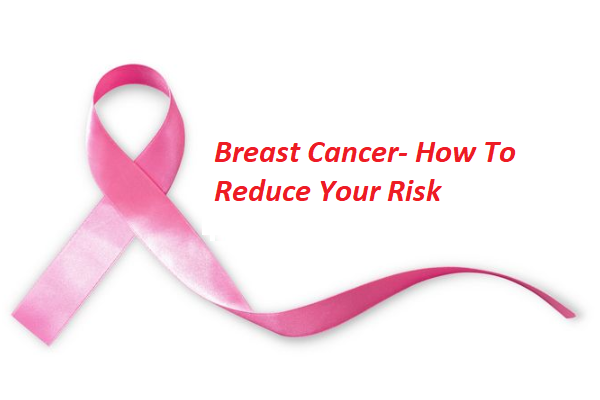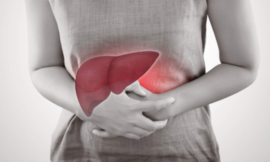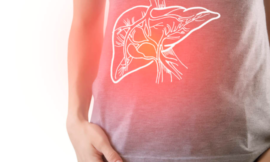Each day thousands of women diagnosed breast cancer. The highest risk of being diagnosed with breast cancer is being a woman. The second highest risk is age. The older you become, the higher your risk goes up. For women who are known to be at increased risk for breast cancer, there are additional steps that might reduce the risk of developing breast cancer.
There is no sure way to prevent breast cancer. But there are things you can do that might lower your risk they are;
Don’t Smoke
Smokers and non-smokers alike know how unhealthy smoking is. On top of lowering quality of life and increasing the risk of heart disease, stroke, and at least 15 cancers, including breast cancer. Evidence suggests a link between smoking and breast cancer risk, particularly in pre-menopausal women. it also causes smelly breath, bad teeth, and wrinkles.
Be Physically Active
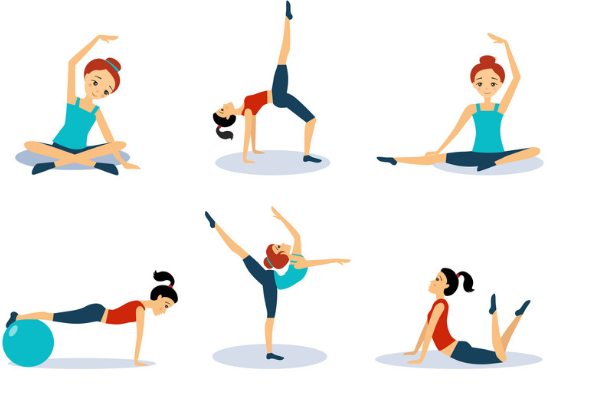
Exercise is as close to a silver bullet for good health. Physical activity can help you maintain a healthy weight, which helps prevent breast cancer. women who are physically active for at least 30 minutes a day have a lower risk of breast cancer. Most healthy adults should aim for at least 150 minutes a week of moderate aerobic activity or 75 minutes of vigorous aerobic activity weekly, plus strength training at least twice a week.
Keep Weight in Check
It’s easy to tune out because it gets said so often, but maintaining a healthy weight is an important goal for everyone. Being overweight can increase the risk of many different cancers, including breast cancer, especially after menopause.
Eat Your Fruits & Vegetables and Limit alcohol

A healthy diet can help lower the risk of breast cancer. Try to eat a lot of fruits and vegetables and keep alcohol at moderate levels or lower. The more alcohol you drink, the greater your risk of developing breast cancer. The general recommendation — based on research on the effect of alcohol on breast cancer risk — is to limit yourself to less than one drink a day, as even small amounts increase risk.
Breastfeed, If Possible
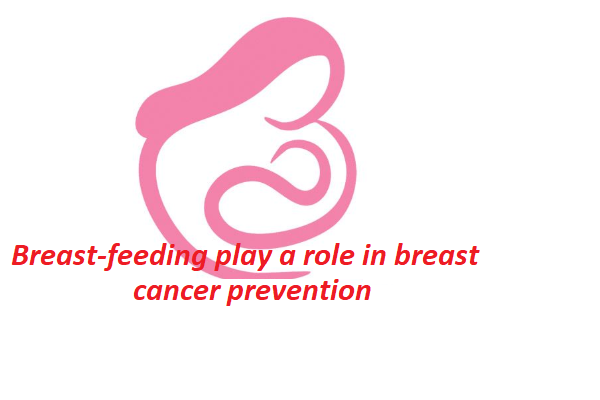
Breast-feeding might play a role in breast cancer prevention. The longer you breast-feed, the greater the protective effect. It also has great health benefits for the child.
Avoid Birth Control Pills
Birth control pills have both risks and benefits. The younger a woman is, the lower the risks are. While women are taking birth control pills, they have a slightly increased risk of breast cancer. This risk goes away quickly, though, after stopping the pill. The risk of stroke and heart attack is also increased while on the pill – particularly if a woman smokes. However, long-term use can also have important benefits, like lowering the risk of ovarian cancer, colon cancer and uterine cancer – not to mention unwanted pregnancy – so there’s also a lot in its favor. If you’re very concerned about breast cancer, avoiding birth control pills is one option to lower risk.
Avoid Post-Menopausal Hormones

Post-menopausal hormones shouldn’t be taken long term to prevent chronic diseases, like osteoporosis and heart disease. Studies show they have a mixed effect on health, increasing the risk of some diseases and lowering the risk of others, and both estrogen only hormones and estrogen-plus-progestin hormones increase the risk of breast cancer. If women do take post-menopausal hormones, it should be for the shortest time possible.
Avoid exposure to radiation and environmental pollution
Medical-imaging methods, such as computerized tomography, use high doses of radiation. While more studies are needed, some research suggests a link between breast cancer and cumulative exposure to radiation over your lifetime. Reduce your exposure by having such tests only when absolutely necessary. The continuous usage of cell phone also bad for your health, it also emit radiations.


